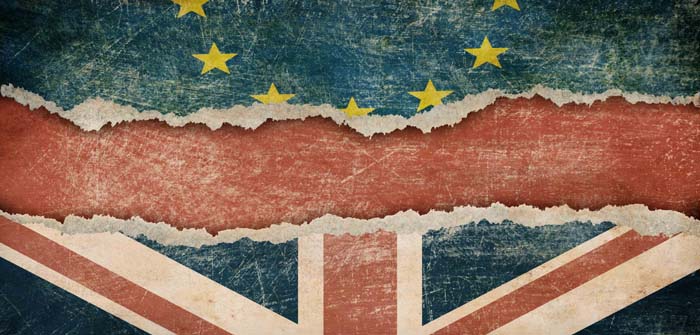NOAH said it was pleased to have more information for businesses on the action the Government will take in relation to registration and regulation of animal medicines should there be no Brexit deal.
However, to ensure continuity of supply of veterinary medicines in the UK and throughout the EU, NOAH said a final agreement on the future relationship between the UK and the EU remains imperative.
The Government advice covers issues such as veterinary medicines batch testing and certification; regulation (marketing authorisations, veterinary generics, parallel imports and MRLs); the important drug safety pharmacovigilance systems and the development of IT systems that help with the regulation of veterinary medicines. There is also a notice on pet travel.
NOAH chair Gaynor Hillier said: “As shown by the demonstration of increased pessimism indicated by NOAH’s latest Brexit Barometer as the deadline becomes closer, our sector, like other businesses in the UK, needs clarity. These notices do show some welcome pragmatism from the UK, such as on batch testing and certification, which will be helpful in maintain continuity of supply.
“We also welcome the restating of the Government’s commitment to negotiating terms in which we can remain active in the European Medicines Agency (EMA) and European regulatory network – which is of course dependent on an overall deal.
“We admire the hard work and planning that aims to ensure that there will be a fully operational IT system in place that will enable companies to submit information electronically for marketing authorisation applications and in relation to pharmacovigilance. But a practical mechanism to share, receive and communicate alerts with the European regulatory network in relation to potential pharmacovigilance issues remains imperative, to help support animal, human and environmental safety here and in Europe.”
Ms Hillier pointed out that much of the Government advice applies to the short to medium term, to cover the immediate period after March 29, 2019 if there is no deal.
“If no deal happens, then moving forward there would be concerns relating to potential impact on innovation and potentially on product availability and choice for UK prescribers and animal keepers, as there may be fewer new medicines entering the UK market and fewer improvements to existing medicines,” she said.
NOAH said it was pleased to have more information for businesses on the action the Government will take in relation to registration and regulation of animal medicines should there be no Brexit deal.
However, to ensure continuity of supply of veterinary medicines in the UK and throughout the EU, NOAH said a final agreement on the future relationship between the UK and the EU remains imperative.
The Government advice covers issues such as veterinary medicines batch testing and certification; regulation (marketing authorisations, veterinary generics, parallel imports and MRLs); the important drug safety pharmacovigilance systems and the development of IT systems that help with the regulation of veterinary medicines. There is also a notice on pet travel.
NOAH chair Gaynor Hillier said: “As shown by the demonstration of increased pessimism indicated by NOAH’s latest Brexit Barometer as the deadline becomes closer, our sector, like other businesses in the UK, needs clarity. These notices do show some welcome pragmatism from the UK, such as on batch testing and certification, which will be helpful in maintain continuity of supply.
“We also welcome the restating of the Government’s commitment to negotiating terms in which we can remain active in the European Medicines Agency (EMA) and European regulatory network – which is of course dependent on an overall deal.
“We admire the hard work and planning that aims to ensure that there will be a fully operational IT system in place that will enable companies to submit information electronically for marketing authorisation applications and in relation to pharmacovigilance. But a practical mechanism to share, receive and communicate alerts with the European regulatory network in relation to potential pharmacovigilance issues remains imperative, to help support animal, human and environmental safety here and in Europe.”
Ms Hillier pointed out that much of the Government advice applies to the short to medium term, to cover the immediate period after March 29, 2019 if there is no deal.
“If no deal happens, then moving forward there would be concerns relating to potential impact on innovation and potentially on product availability and choice for UK prescribers and animal keepers, as there may be fewer new medicines entering the UK market and fewer improvements to existing medicines,” she said.


